Key Information for Parents of Children with Learning Needs
by Gail Northcote & Dr Jason McGowan
Learning difficulties are not only frustrating for the student – they create stress for the family. When a child is struggling at school, parents have to support the child emotionally as well as navigate the best way forward. This can be time consuming and expensive which impacts across the family.
The first question to be answered is – does this student have a problem and how serious is it? There are so many factors that impact learning: motivation, aspirations, interests, experience, cultural background, strengths, family dynamics and more. Children learn in their own way and at their own pace, so when is it time to investigate further?
Three Learning Concerns
1 / Learning Differences
This refers to the diverse ways students learn and the pace at which they learn. Their learning needs can often be addressed by simple accommodations within the classroom. Unfortunately, the term differences is being used instead of disability. This may be an attempt to neutralise the problem in the interest of avoiding stigma or simply to comply with political correctness’ or notions of inclusivity. However, if you don’t call ‘a house fire’ a ‘house fire’ then you may not get ‘house fire help’. The words difficulty and disability are firmly entrenched in the literature and in legislation relating to discrimination. The word differences can result in a very real learning problem being dismissed or being mistaken for a gift or as something that doesn’t warrant any concern.
2 / Learning Difficulties
These refer to factors that impact on the student’s ability to learn, but can be addressed by recognising what they are. If the underlying difficulty is changed and intervention is offered to fill in the gaps, these students can meet expected targets.
3 / Learning Disabilities
These are defined by the Disability Discrimination Act and the Disability Standards for Education for 2005 as ‘a disorder or malfunction that results in a person learning differently from a person without a disorder or malfunction’. These students have a gap between their academic potential and their real time achievement at school. Learning disabilities are intrinsic, life-long and neurologically based. If specific intervention is provided as well as accommodations, these students can improve, but learning will remain challenging. Learning disabilities cannot be ’cured’ but it they can be managed and/or treated to a point where affected individuals can function to a high level.
Parents usually have a good understanding of their own child’s potential which allows them to recognise a ‘gap’ in their learning. This can be difficult for class teachers who are dealing with a whole class and may not pick up on an individual student’s potential.
Key points to help identify learning issues:
- Child appears frustrated.
- Homework is difficult.
- Learning appears to be erratic or inconsistent.
- Discrepancy between intellect and scholastic/academic ability.
- Needs educational adjustments in order to access the curriculum.
What should parents do?
- Discuss your concerns with the class teacher who can put it in perspective. Does the school have the resources to address your child’s difficulties?
- Speak to the learning support teacher at your child’s school. They may be able to do further testing or refer your child for further testing.
- Depending on the presenting difficulty, investigate specialists through websites, support groups, parents who have been through this before or your GP.
- Consider a Cognitive assessment to ascertain strengths and weaknesses.
- If the weakness is predominantly in literacy or numeracy then consider specialised testing in these areas.
Specialist Options
There are a number of specialist options to be considered, depending on the child’s age, specific problems, cost, availability and access:
- A developmental paediatrician is a medical doctor who has a specialised focus on developmental, behavioural and learning issues from infancy through to young adulthood. They diagnose and support developmental conditions including motor skills, communication, attention and cognition. A referral from a GP is needed. They can diagnose and support verification in schools and prescribe medication.
- An educational psychologist or neuropsychologist investigates how children learn and process information. They can administer a wide range of intellect and academic achievement tests to provide a cognitive profile detailing a child’s strengths and weaknesses in learning. Cognitive tests are often required by schools in order to diagnose specific difficulties.
- A literacy specialist has specific knowledge of how children learn to read and provide explicit, science-backed intervention to promote successful progress in reading, writing, spelling and fluency.
- Speech language pathologists diagnose and treat communication difficulties. Language precedes and supports literacy.
- Occupational therapists work with children to help them achieve their daily occupations that may include self-care, school and play. They can assist with motor skills and provide physical classroom supports.
Parents of children with learning disabilities should remain ‘upbeat’ about their child’s progress. A significant amount of knowledge about learning disability now exists which means the chances of overcoming difficulties such as dyslexia, dysgraphia and dyscalculia are very high. Young people with these struggles cannot only survive but can thrive at school, if given the appropriate levels of empathy, intervention and support.
To view more articles that may be of interest to you, click here.

